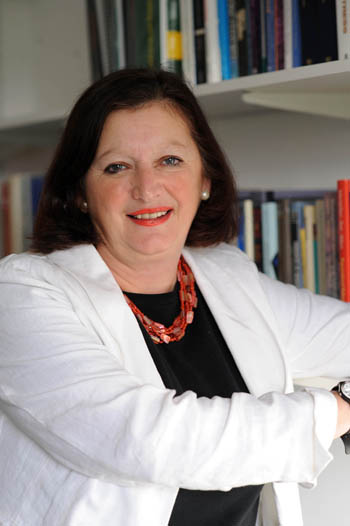What makes you happy?

Over fifty people from across North Lancashire and Cumbria have taken part in a national debate on well-being organised by Lancaster University at the request of the Office for National Statistics (ONS)
The event entitled “Measuring National Well-Being” was held at the Lancaster House Hotel Conference Centre in support of the nationwide debate begun by the Prime Minister David Cameron.
He has asked the Office of National Statistics (ONS) to develop new measures to gauge the state of society by compiling data on the nation’s well-being based not just on income per person but on the quality of life.
This regional event provided the opportunity to debate and discuss what well-being means to local people. Groups attending ranged from North Lancashire Citizens’ Advice Bureau to the Marsh Community Centre, Lancaster and Morecambe FE College and Skerton High School.
Professor Susan Cartwright, Director of the Centre for Organisational Health and Well- Being at Lancaster University, who organized and led the event, was delighted with the quality of debate.
She said: “There was a strong feeling that local investment in the area should be focused on the people that live in the area and not just on tourism, and that there should be more events locally. People didn’t see wellbeing solely in terms of money – in fact, some people criticised what they saw as excessive consumerism which makes people unhappy by encouraging them to want what they don’t need.
“Instead, people valued friends and family, safety and security, a good environment, work-life balance and a sense of community, but there were concerns over the fear of redundancies and worries over inequality.
“They also listed aspects contributing to wellbeing such as having realistic expectations, an ability to bounce back in the face of adversity and being able to adapt to change.
“There was general agreement that measuring well-being was a good idea, provided it informed policy rather than justified it.”
James Sommerville is from the Lancaster District Local Strategic Partnership, a voluntary group made up of organisations from the public, private, community and voluntary sectors.
He said: “I got to meet some interesting and committed people whom I would never have met otherwise, and the roundtable discussions were some of the best I've ever had I came away feeling that we had a real opportunity to influence national policy making and I hope that the University are able to host similar events in the future.”
All the comments made at the event will feed into the official report to Government this April. http://www.ons.gov.uk/well-being